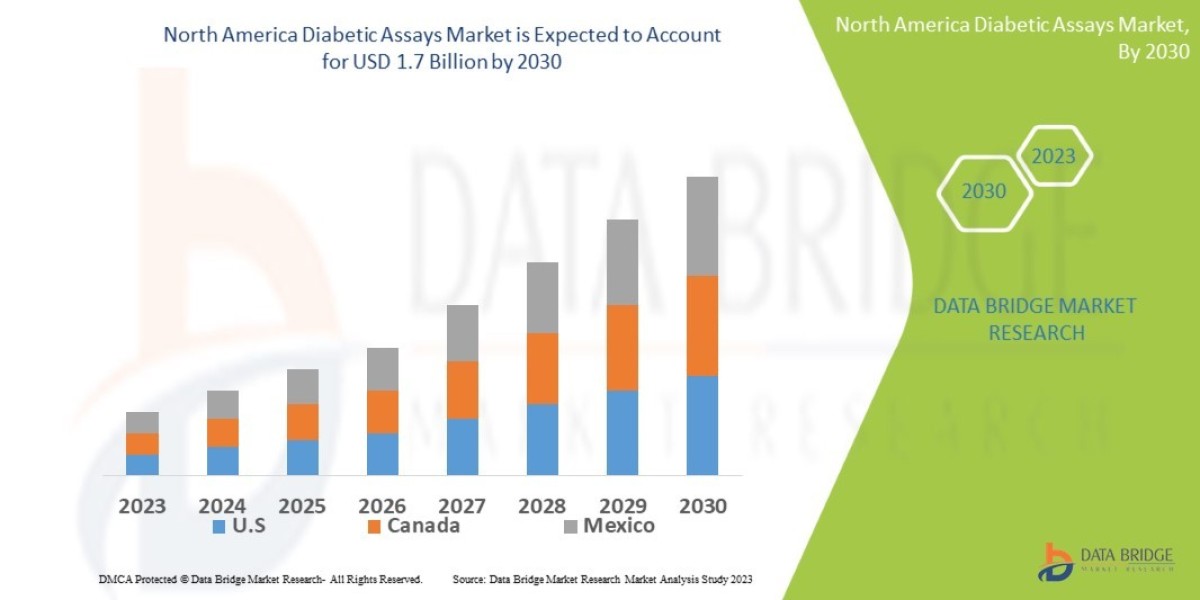Every day, thousands, even tens of thousands of users access the internet, each seeking something specific: products, services, or information. On the other side of the "screen," millions of offers await them.
Take, for example, the well-known Google search bar. Entering any query ("what to feed a cat," "how to treat herpes," "what to cook for a child") yields numerous websites offering the desired answers. Upon closer inspection, you'll notice that while many resources provide similar information, only a select few appear at the top of the search results. Those in the middle or end of the list often go unnoticed, despite potentially offering more useful and higher-quality information.

Why Does This Happen?
It's simple: the "leaders" utilize SEO or contextual advertising.
Interested?
The easiest way to achieve such results is to consult a digital agency. However, it's beneficial to understand the basics yourself. Let's delve deeper into the topic.
Search Engine Promotion and Contextual Advertising: Descriptions and Characteristics
SEO Promotion:
SEO (Search Engine Optimization) involves implementing external and internal optimization strategies to position a website among the top search engine results. The goal is to reach the top positions, whether it's the top five or top ten results. Achieving this leads to increased views, stable traffic, and, consequently, engagement from advertisers or clients, resulting in revenue generation. However, the timeframe for achieving these goals is unpredictable.
Contextual Advertising:
In contrast to SEO, where a site's position depends on various factors, contextual advertising ensures that a website consistently appears at the top of the first page, marked appropriately as "advertisement." For instance, if two veterinary clinic websites are being developed, one might choose SEO, gradually building readership through quality content and internal linking. The other might opt for contextual advertising, swiftly surpassing competitors to appear at the top of search results.

Differences Between SEO and Contextual Advertising
Both SEO and contextual advertising are key methods for driving traffic to a website, each with distinct approaches and outcomes:
Timeframe: Contextual advertising delivers quick results, generating traffic almost immediately after launch. SEO is a long-term strategy, potentially taking months to achieve desired positions in search results.
Methods: Contextual advertising is a paid promotion visible to users based on their queries or interests. SEO enhances organic ranking through optimized content, including titles, keywords, and meta-tags, without direct payment for ranking positions.
Cost: Contextual advertising involves costs per click (PPC) or similar models, with budgets influenced by ad rates and keyword competition. SEO requires investment in content, links, and technical optimization, demanding resources and time but not direct payments for each view or click.
Which Is Suitable and When?
The choice depends on your goals. While advertising yields immediate results, it's often short-term. SEO, when executed correctly with consideration for factors like seasonality and user interests, offers stable, long-term outcomes.
Advantages of SEO
When a user enters a query, they have a clear intent. If your site provides the desired product or information, optimized with relevant keywords and quality content, there's a higher chance the potential client will visit your resource. To enhance this likelihood:
Develop a Semantic Core: Select queries that closely match your product to connect effectively with consumers.
Enrich Your Site with Quality Content: Provide comprehensive information about your product, addressing potential user questions to simplify their decision-making process.

Conclusions:
SEO promotion takes time but delivers stable results. Contextual advertising provides immediate outcomes, but traffic diminishes once the ads are turned off.
SEO offers long-term stability and is future-oriented. Contextual advertising addresses immediate needs, but only lasts as long as the campaign is active.
Both methods have their merits. For landing pages, advertising might suffice, while more complex resources benefit from a combination of SEO and contextual advertising. For optimal results, consulting specialists is advisable. Feel free to reach out!



